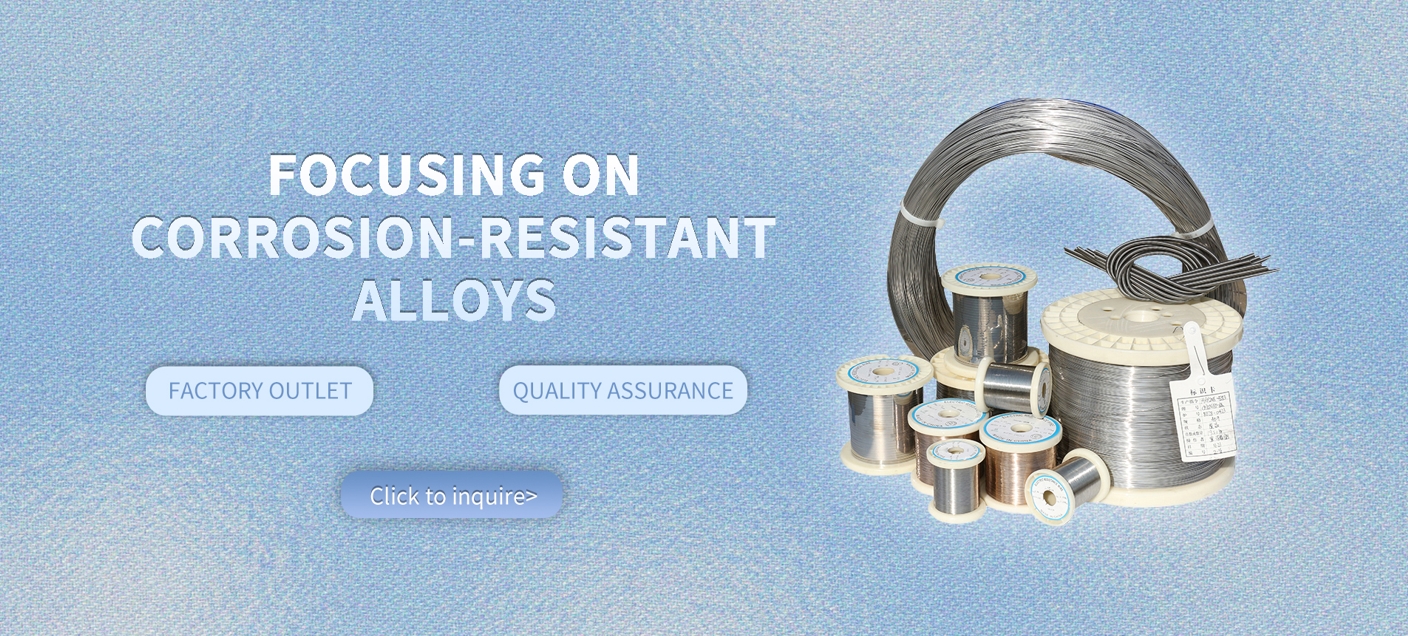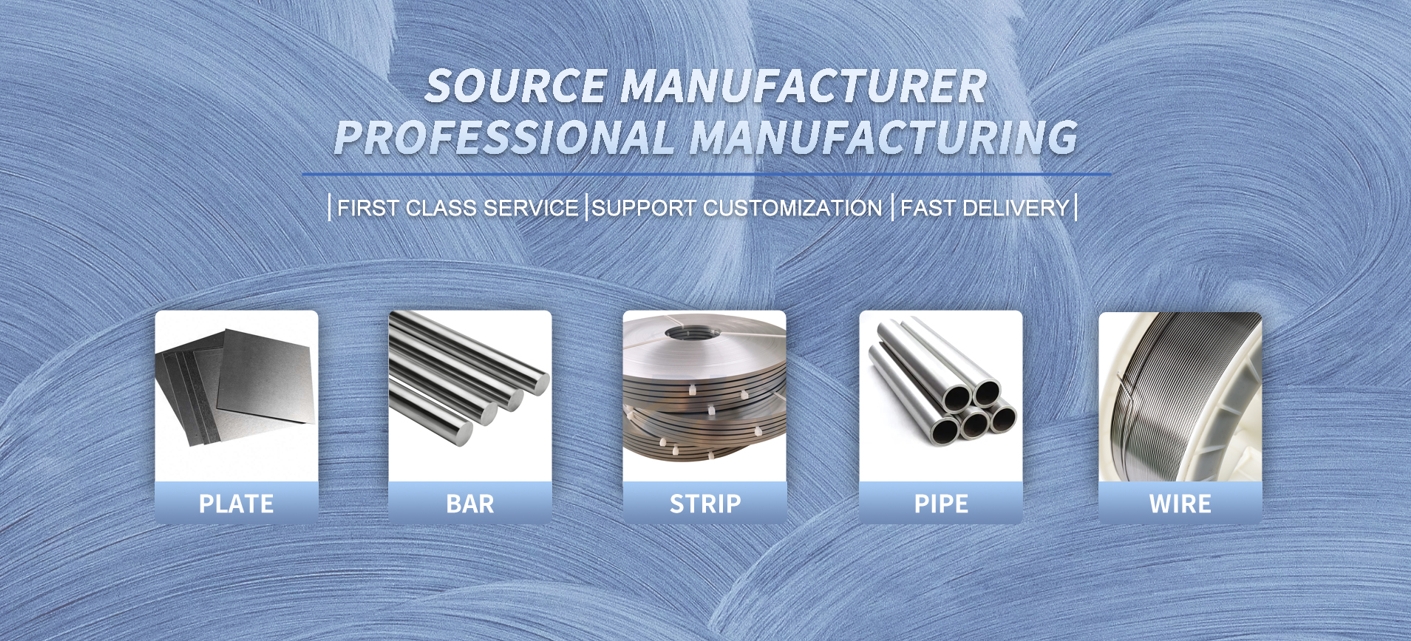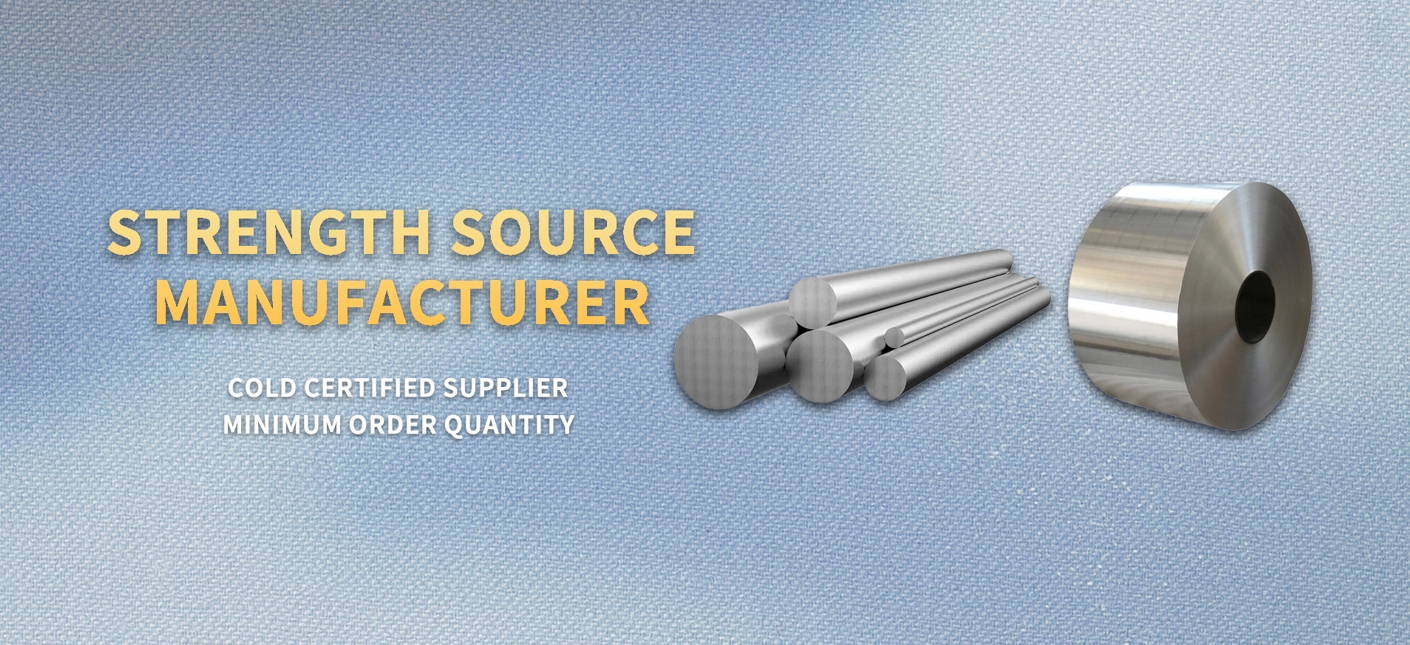Global CuNi Alloy Bar Manufacturer Expands Production for Energy Projects
CuNi Alloy bars—commonly containing copper with controlled nickel percentages—are widely used across energy, marine, and high-corrosion environments. Their stability under heat, resistance to seawater, low magnetic permeability, and reliable mechanical strength make them a top choice for major engineering projects. CuNi alloys also maintain consistent electrical and thermal conductivity, which allows them to serve in both structural and functional roles.
Key characteristics include:
Strong corrosion resistance in marine water and brine environments
High durability against stress corrosion and erosion
Good thermal stability
Predictable electrical resistivity
Excellent weldability and formability
Long service life in high-humidity and high-salinity conditions
DLX alloy bar products are produced through vacuum melting and precision hot/cold working to ensure tight tolerances, uniform grain structure, and stable performance across large project installations.
Applications of CuNi Alloy Bars
CuNi alloy bars remain crucial across multiple global sectors:
Energy infrastructure (power plants, offshore systems, heat exchangers)
Shipbuilding and marine engineering
Desalination systems
Oil & gas pipelines and instrumentation
Cryogenic equipment
Chemical processing and fluid control
Industrial valves and pump components
High-temperature resistance parts
Their combination of thermal and corrosion resistance makes CuNi alloys suitable for both high-stress mechanical components and highly corrosive liquid systems.
Industry Trends Driving Demand
Several major trends are pushing global demand for CuNi alloy bars:
Acceleration of offshore energy projects (wind, oil, gas, hydrogen)
Expansion of desalination plants in water-scarce regions
Upgrades of thermal power stations and heat-exchange systems
Growth in shipbuilding and marine vessel modernization
Higher requirements for corrosion-resistant materials in harsh environments
Increased infrastructure investments across developing markets
Rising global demand for low-maintenance, long-service-life materials
These trends have created a need for stable, large-scale supply of CuNi alloy bar products—driving the expansion of manufacturers like DLX Alloy.
Comparison Table: CuNi Alloy Bar vs Other Industrial Copper Alloys
| Property | CuNi Alloy Bar | High-Purity Copper Bar | Brass Bar |
|---|---|---|---|
| Corrosion Resistance | Excellent (especially seawater) | Low–Medium | Medium |
| Mechanical Strength | High | Medium | Medium–High |
| Heat Resistance | High | Medium | Medium |
| Electrical Conductivity | Medium | Very high | Medium |
| Weldability | Excellent | Good | Good |
| Ideal Applications | Energy systems, marine engineering, desalination | Electrical components | General machinery |
News Article: Global CuNi Alloy Bar Manufacturer Expands Production for Energy Projects
Market Overview
The global energy market is shifting toward more specialized materials that can handle extreme conditions—whether it's offshore wind installation, high-salinity desalination plants, or long-term heat-exchange systems in industrial facilities. This shift has created a surge in demand for CuNi alloy bars, a category known for outstanding corrosion resistance, long service life, and strong thermal performance.
DLX Alloy has been part of this momentum for years, supplying CuNi materials to companies involved in power systems, marine installations, and water-treatment engineering. As global demand accelerates, we’ve taken steps to significantly expand our capability to deliver CuNi alloy bars at industrial scale.
DLX Alloy Announces Expanded Production Capacity
In response to large-volume orders for energy and marine projects, DLX Alloy has completed a major expansion of its CuNi alloy bar production line. The upgrade increases melting capacity, improves rolling and drawing efficiency, and strengthens real-time quality control. This upgrade allows us to support both high-volume project delivery and customized specifications for specialized engineering requirements.
The new production capability is designed to deliver uniform, high-purity CuNi alloy bars with precise mechanical properties. Customers working on offshore platforms, desalination systems, and industrial thermal plants can now receive higher-volume shipments with shorter lead times.
Why CuNi Alloys Are Becoming Essential in Modern Energy Engineering
CuNi alloys have become one of the most dependable materials for harsh environments. As the energy sector expands into coastal, offshore, and high-corrosion locations, the need for stable, low-maintenance materials continues to grow.
The main reasons behind the surge include:
Their resistance to chloride-induced corrosion
Reliable performance under both heat and pressure
Strong anti-fouling behavior in marine environments
Minimal degradation in long-term liquid-contact applications
Predictable thermal and mechanical stability
These attributes make CuNi alloy bars a preferred choice for desalination plants, offshore wind towers, marine vessels, power-plant heat-exchange systems, and industrial pipelines.
Applications Growing Across Key Energy Sectors
The global expansion of energy infrastructure is creating new opportunities for CuNi alloy materials. DLX Alloy is directly supplying bars for:
Heat exchangers and condensers in power plants
Cooling systems in industrial towers
Offshore wind structural components
Marine pipeline connectors
Desalination evaporators and brine-handling systems
Oil & gas equipment exposed to saltwater
Cryogenic components in energy storage projects
As energy projects become more interconnected and long-term oriented, project engineers are choosing materials that guarantee reliability. CuNi alloy bars provide exactly that: a stable solution with predictable lifecycle performance.
Industry Trends: Why Now Is a Key Moment for CuNi Materials
The timeline of global energy development shows several parallel trends:
Coastal regions are building larger desalination facilities
Nations investing in offshore wind are expanding turbine foundation systems
Marine engineering projects are scaling at unprecedented speed
Global demand for corrosion-resistant flow-control systems is rising
Oil & gas operators are upgrading and expanding ocean-connected pipelines
Power plants are modernizing thermal systems to improve efficiency
All these factors directly push the demand for CuNi alloy bars. The market is expected to grow steadily over the next decade, particularly in regions prioritizing renewable energy and marine infrastructure.
DLX Alloy’s Production Philosophy
DLX Alloy focuses on delivering materials engineered for real-world conditions—not just standardized specifications. Our production practices include:
Vacuum melting for improved purity
Controlled hot and cold working for uniform grain structure
Advanced heat treatments for mechanical consistency
Dimensional accuracy that supports automated machining
Rigorous testing for corrosion resistance and thermal stability
These processes ensure that every batch of CuNi alloy bars fits securely into the demanding requirements of energy and marine engineering.
We also work directly with engineers during early project stages, helping them choose the right alloy composition, mechanical condition, and bar dimensions to meet long-term durability standards.
What Sets DLX Alloy Apart
DLX’s advantage comes from combining high-volume capability with flexible customization. Instead of forcing customers into rigid specifications, we supply project-tailored solutions that integrate into their system designs.
Our advantages include:
High-purity CuNi alloy grades
Stable large-batch performance
Flexible diameter and length options
Shortened delivery cycles
Technical guidance based on real project experience
Strict quality traceability from melting to final packaging
This approach has strengthened DLX’s reputation as a dependable supplier for large-scale global projects.
Outlook for the Global CuNi Alloy Market
As countries invest in resilient infrastructure, materials like CuNi alloy bars will continue to gain importance. With increasing focus on energy security, water supply stability, and corrosion-resistant engineering, the market for CuNi alloys is expected to expand for years.
DLX Alloy plans to continue scaling production, introducing new processing technology, and working closely with project developers across multiple sectors. Our long-term goal is to make CuNi alloy material supply faster, more consistent, and more accessible to global energy engineering teams.




